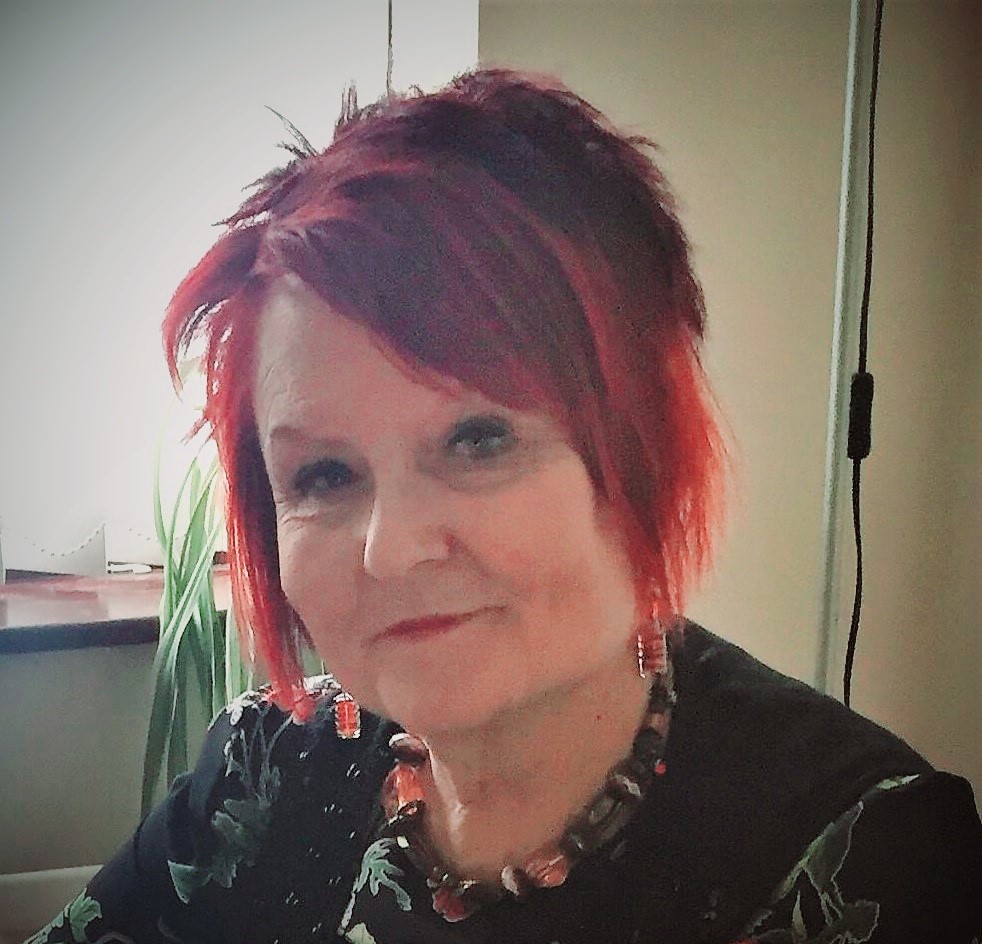I see many clients in my practice who have been abused by an ex. They have found or are finding the strength to get out of the relationship and now are unsure whether it is their responsibility to 'warn' their abusive ex's new partner they are at risk of being abused.
It is understandable that those who have survived domestic violence want to stop someone else from going through a similar hell.
Studies suggest when there is no indication of abuse currently in the new relationship the new partner could reasonably assume one of two things if you did approach them. Either as the ex-partner, you have a hidden agenda: that is, you are jealous of the new relationship. After all, many abusers can be very charming in public and have learnt to hide their 'nasty side'. Or that the abusive behaviour was your fault as your ex has already told everyone how difficult you were to live with. You had 'mental health problems'.
Blaming others and not taking responsibility for the part they have played in the relationship, is common in those who abuse.
What I have learnt as I listen to clients who have been abused is that whether to tell or not has a lot to do with the timing - there is no reason for the new partner to think your ex is an abuser until it happens.
In my experience, abusers don't tend to change and they are often very good at hiding their abuse. Behind closed doors, abuse may already be happening, but the new partner may feel they have to hide it through shame, guilt, fear. The new partner may be better at managing the rages, just as some kids are better at deflecting playground bullies - but the basic behaviour is there.
On balance, and having listened to the concerns of clients, I feel it is probably safer to refrain from telling the partner about past abuse of our ex.
However it does depend on the situation. Those who feel a need to tell their ex's new partner about their fears of abuse, could befriend the new partner so that when the abuse starts the person who is being abused has someone who can provide them with support. They will also feel believed since they know someone who has had the same experience, from the same person.
What I often say to clients in this situation - hard and painful though it is - is that self-discovery is often the best form of discovery. If, as individuals, we are unfortunate enough to experience abuse or live in fear of it happening to us, professional therapy can help build inner strength to deal with our fears and worries. Effective therapy - which is objective, non-judgemental and supportive - will empower those who are abused to learn how to identify the patterns of behaviour in our lives which are harming us and make the changes which are in our power to make - ending the abuse for good.
Domestic violence is very serious - whether it happens to men or women. Don't feel you have to put up with it.
If you suspect you are living with someone who has an abusive past, you now have the 'right to ask' the police to make further inquiries under The Domestic Violence Disclosure Scheme 2015 or Clare's Law, as it is better known .
For further information/support contact in confidence:
Women's Aid 0808 2000 247
Men's Advice Line 0808 8010 327

